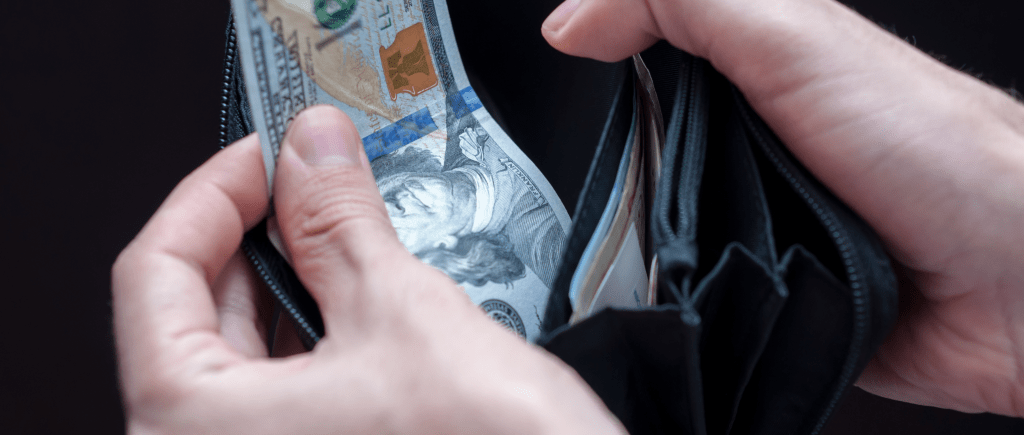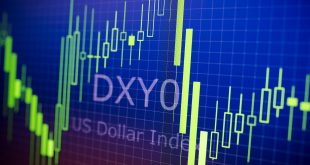A report released by the Commerce Department on Friday showed personal income in the US increased by less than expected in the month of December.
The Commerce Department said personal income rose by 0.3 percent in December after climbing by an upwardly revised 0.5 percent in November.
Economists had expected personal income to advance by 0.5 percent compared to the 0.4 percent increase originally reported for the previous month.
Disposable personal income, or personal income less personal current taxes, also edged up by 0.2 percent in December after rising by 0.4 percent in November.
When adjusted for inflation, however, disposable personal income actually dipped by 0.2 percent for the third straight month.
The report also showed personal spending fell by 0.6 percent in December after rising by 0.4 percent in November. The decrease in spending matched economist estimates.
Excluding price changes, real personal spending tumbled by 1.0 percent in December after slipping by 0.2 percent in the previous month.
Even assuming a bounce-back for each of the three months of the first quarter, which seems unlikely given that Omicron and the child tax credit expiry will weigh on spending in January, the devastatingly weak end to the previous quarter means that we expect first-quarter real consumption growth to be unchanged overall.
Add in a slower pace of inventory accumulation, and we currently have first-quarter GDP growth tracking at -0.5% annualized. Despite the strength of price and wage inflation, it is disappointingly weak real economic growth that will prevent the Fed from delivering a full-blown rate this year.
With income rising and spending falling, personal saving as a percentage of disposable income jumped to 7.9 percent in December from 7.2 percent in November.
A reading on inflation said to be preferred by the Federal Reserve showed the annual rate of core consumer price growth accelerated to 4.9 percent in December from 4.7 percent in November, reaching the highest level since September 1983.
A separate report from the Labor Department showed its employment cost index increased by 1.0 percent in the fourth quarter, pushing the growth rate for 2021 to 4.0 percent.

 Noor Trends News, Technical Analysis, Educational Tools and Recommendations
Noor Trends News, Technical Analysis, Educational Tools and Recommendations




